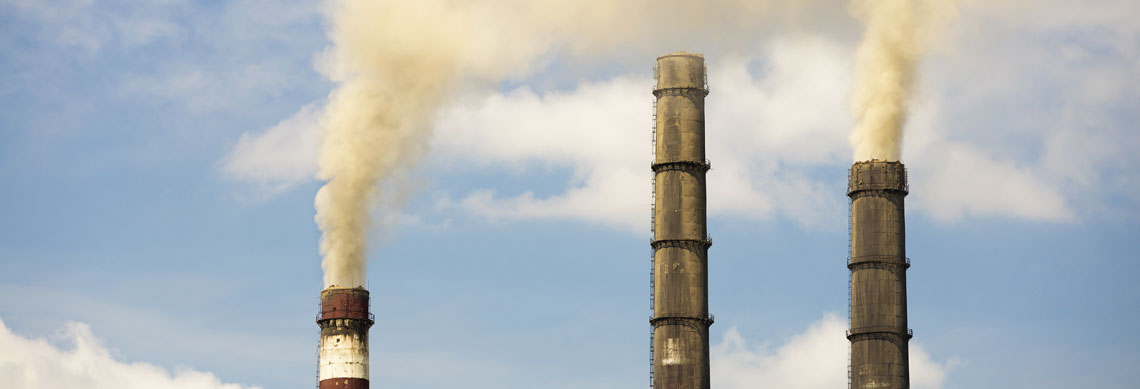The EU’s ambition is to lead by example and be a world leader in reducing greenhouse gas emissions, and European climate policy has a long-term and intensive influence on European and Czech industry. Industry perceives that the topic of climate change and the fight against it has become a political, social and media phenomenon.
Because manufacturing is partly involved in greenhouse gas emissions, and we perceive the consequences and dangers of climate change, we want to reduce our carbon footprint and continue to take a responsible approach to environmental protection. However, we want to prevent the EU’s growing ambitions from phasing out a number of industries that have long and successfully invested in environmental measures.
A number of instruments and measures that depend on the EU objectives contribute to reducing carbon concentration in the atmosphere, including those for increasing the share of renewable sources in electricity generation, energy savings or the circular economy. Since 2005, the main instrument for reducing greenhouse gas emissions in industry and energy has been the European Emissions Trading Scheme (EU ETS), which covers less than half of European emissions. It aims to reduce emissions by 43% by 2030 compared to 2005. The EU’s overall target is to achieve a 40% reduction in greenhouse gas emissions by 2030 and 80-90% by 2050 compared to 1990 levels.
Achieving carbon neutrality in 2050 assumes an incredibly fast application often untested practices and technologies that must be tested and deployed across the board no later than 2030, perhaps sooner. However, carbon-free technologies do not yet exist in many sectors. Estimating the operational and investment costs of major innovations is almost impossible – but we expect them to be so enormous that industry, with various types of subsidies, will not be able to bear them alone, while maintaining global competitiveness.
If the costs associated with the decarbonisation of industry added to the additional costs that must be European and Czech industries apart from the competition from third countries already carry, it means a serious threat to the competitiveness. Demand for the products of Czech and European companies in Europe and the world will not cease – production will only move elsewhere (along with quality jobs, tax revenues, science and research, etc.). And it will be more energy-intensive and often more environmentally harmful. Paradoxically, the demand and purchase of products produced outside Europe by European consumers and businesses will lead to an increase in global emissions, not a decline. Of course, this process is long overdue, see, for example, the disappearance of British industry and the growing volume of imports from Asia, i.e. externalizing greenhouse gas emissions outside the EU.
If not prevent carbon leakage, ie. move industrial production due to European action outside the EU may have finally EU efforts on a global scale in terms of climate change mitigation almost no effect.
Specific effort within circular economy should be paid to the chemical recycling which aims to convert polymer’s waste back into chemicals. It is a process where the chemical structure of the polymer is changed and converted into chemical substances that are then used again as a raw material in chemical processes. It includes processes such as gasification, pyrolysis, solvolysis and depolymerization, which break down plastic waste into chemical substances including monomers for the production of plastics and other materials.
Chemical recycling allows to handle mixed plastics waste which are not mechanically recycled and enables polymer revitalization in case of waste plastic quality standards concerns as an essential and complementing step in the complete solution for the circularity. Chemical recycling is an important tool for avoiding downcycling, e.g. mechanical recycling with poor technical and economical result, at fulfilling high EU recycling targets.
The European Commission Plastics Strategy published in January 2018 provides a relative high focus on mechanical recycling and alternative feedstock. Chemical Recycling of plastics waste, although conceptually understood, is currently under-deployed for plastics circularity.
The Association of Chemical Industry of the Czech Republic cooperates with Cefic and Plastics Europe at highlighting the potential of chemical recycling of plastic waste and calling for enabling conditions, where innovation, scale-up to demonstration, support through policies, and establishing recycling-chains are needed to establish clear pathways for full-scale implementation of chemical recycling to valorize post-use plastics currently shipped, incinerated (energy recovery), or landfilled and wasted.



















